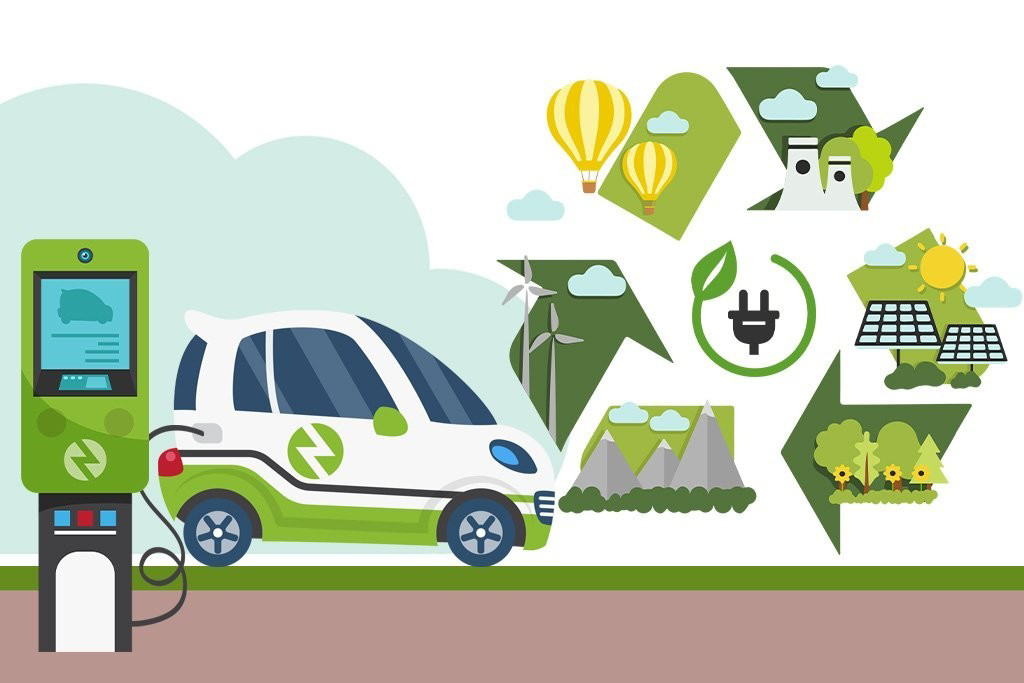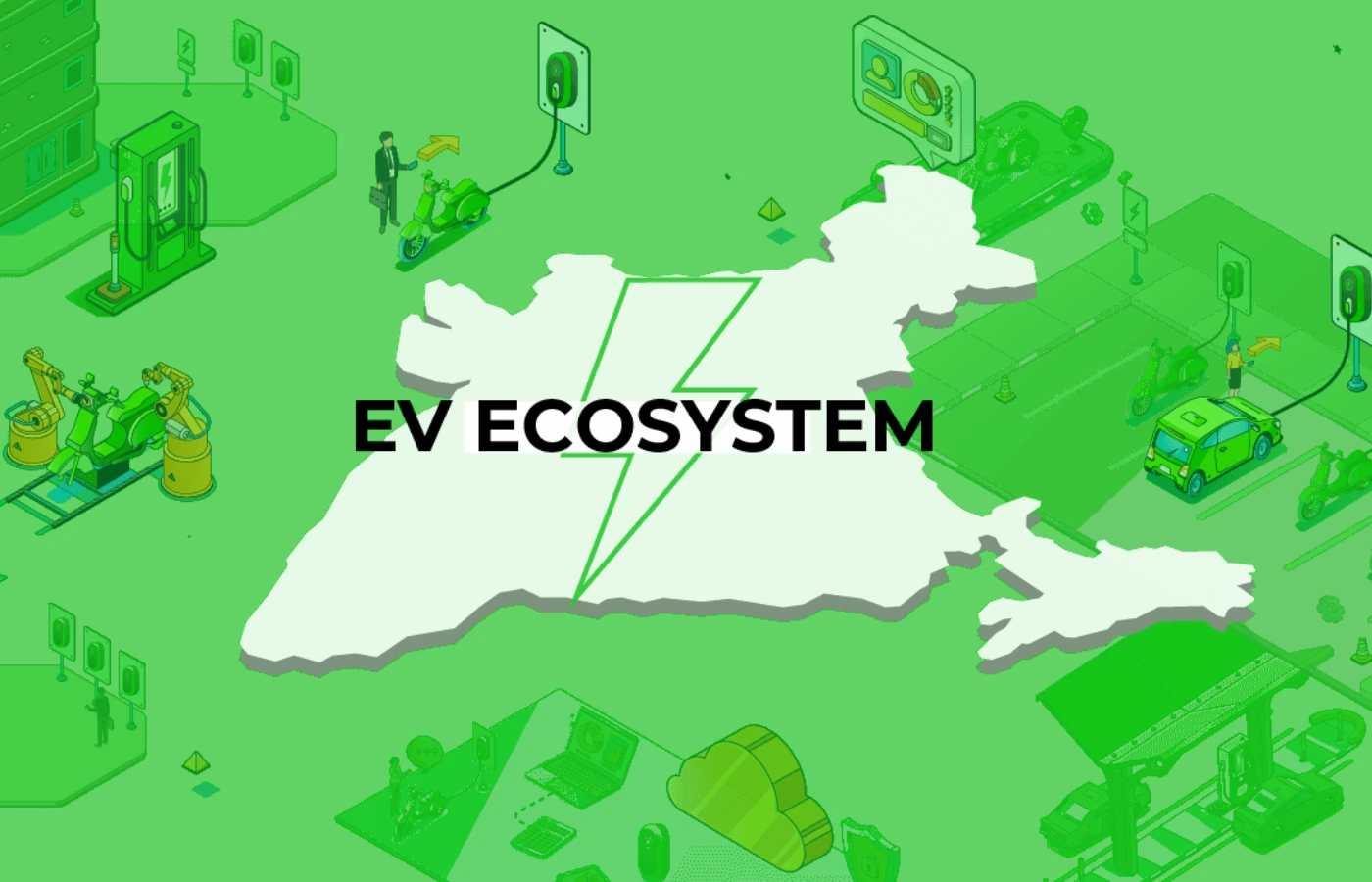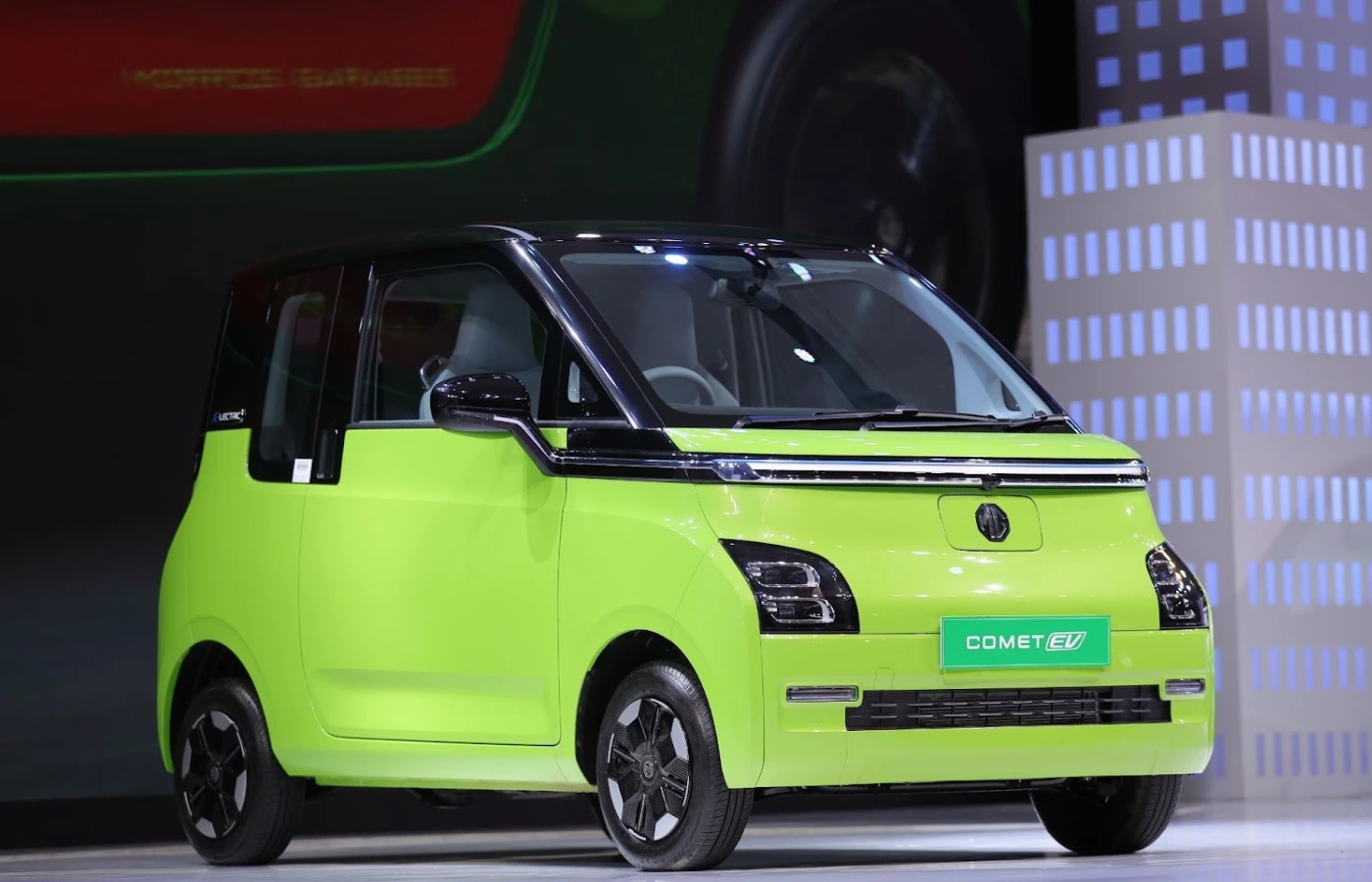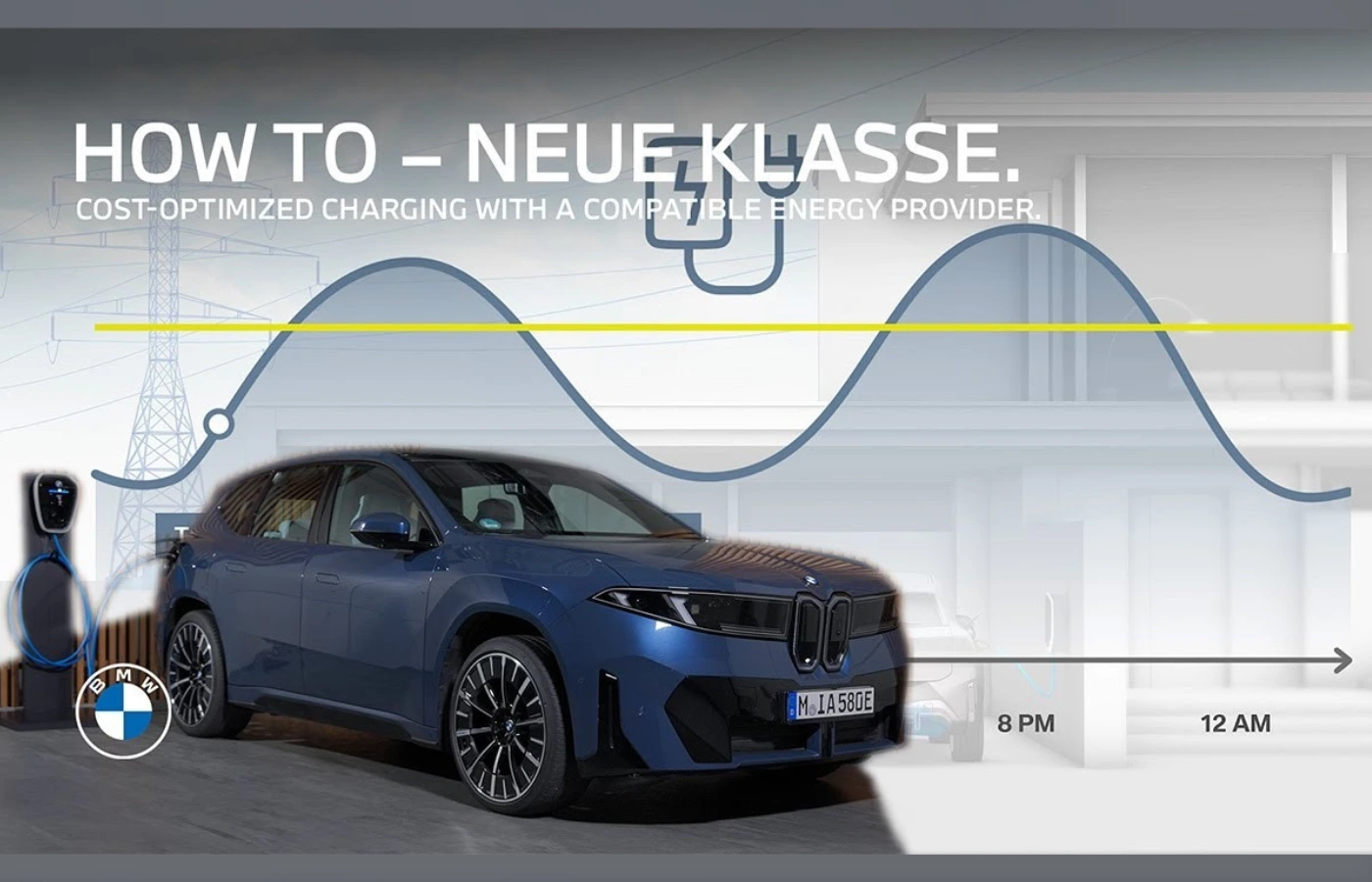Power Up at Home: The Ultimate Guide to EV Charging Setup & Costs
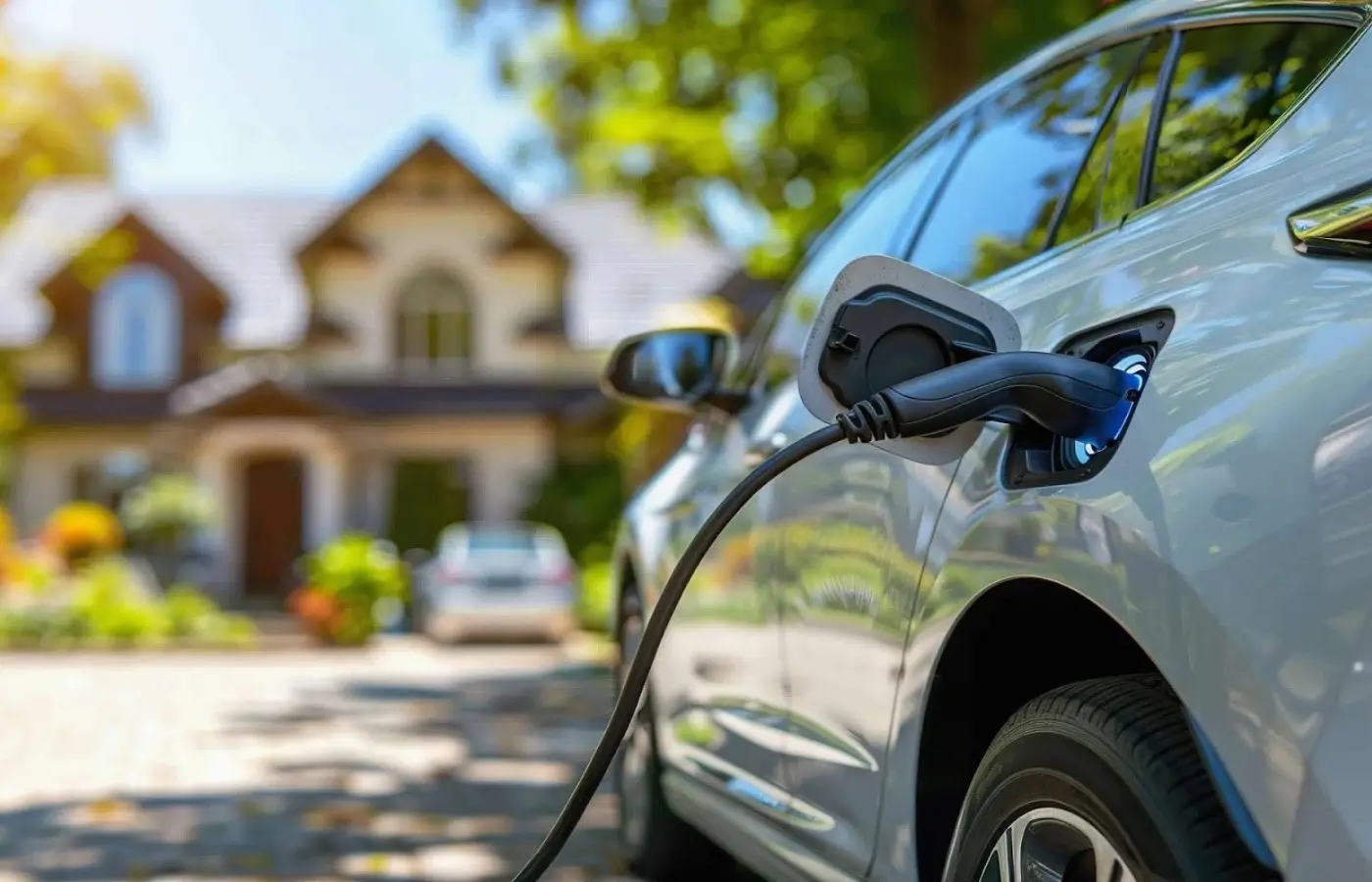
Transitioning to an electric mobility sounds cool and futuristic, however, it is only profitable when you have a proper home charging setup. The best part about home charging is you just have to simply plug your car in at night and it gets fully charged up in the morning, with its full capacity. Let’s understand the home charging setup in detail with our ultimate guide to a seamless EV charging setup.
What to Get: Opting for the Right Equipment.
There are various levels of home chargers available, however, don’t depend on 3 kW slow chargers which are standard on the car as they charge your car slowly which is not convenient for daily routine and can take longer time to charge your EVs batteries. Instead it is better to invest in a substantially powerful 7 kW or 11 kW AC Level 2 charger.
Thus it is important to match the charger’s power capacity with your car’s batteries as opting for a 11 kW charger for a car which can support only 7.2 kW is no sense. Always purchase reliable company chargers such as Tata Power or Exicom, and prioritise the need to have important must-have features such as auto-restart, which automatically starts charging you EV after a powercut.
.webp)
The Actual Costs: Setup Vs Savings.
If we talk about public charging, then it might cost you around ₹18–₹24 per unit per unit (Approx Rs 3-4 Per Km), but home charging costs significantly less at just ₹6–₹8 per unit, costing roughly ₹1 per km. To establish this setup, exclude some amount from your car’s purchase as a decent 7 kW charger comes at a price ranging between Rs 30,000 and Rs 50,000, while the 11 kW costs between Rs 50,000 to Rs 70,000.
Other additional expenses include installation and wiring costs around Rs 10,000. Thus you should set a separate budget of around Rs 60,000 for a safe and a future-proof setup.
.webp)
Key Points to remember
- Always use a licensed electrician and check regularly that your setup has proper earthing and is properly covered and protected, it should be certified by IP waterproof ratings.
- Check your house’s maximum electrical load to ensure whether an upgrade is necessary or not, which might cost additional fixed charge.
- If you are living in an apartment, then always use dedicated charging spots, as they are more seamless to use than the normal ones due to energy consumption issues.
